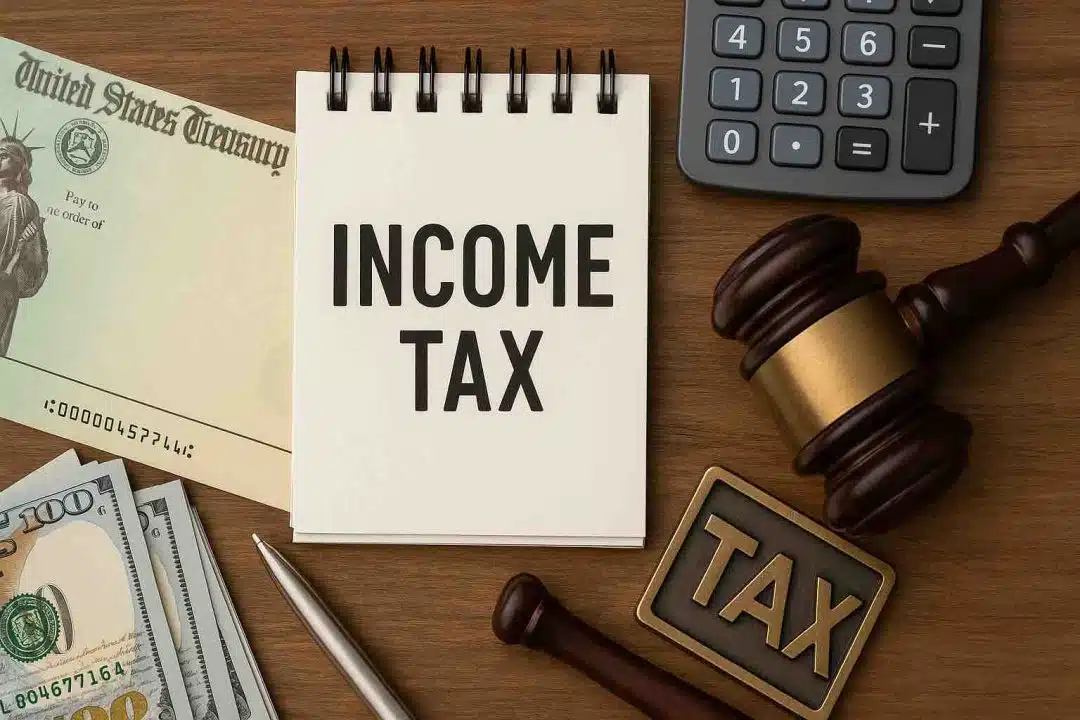
As the second-quarter estimated tax deadline hits on June 16, the IRS is urging taxpayers not to miss the payment window or risk falling behind—and possibly facing compounding penalties. For those struggling with back taxes, the IRS Fresh Start Program remains an option, but only if you have the right documentation in hand.
Who needs to pay estimated taxes by June 16?
Estimated tax payments are required for individuals who earn income not subject to withholding, such as:
- Self-employment or freelance income
- Rental income
- Interest, dividends, and capital gains
- Gig economy earnings
The IRS runs on a “pay-as-you-go” system. If you expect to owe at least $1,000 in taxes for 2025, or $500 if filing as a corporation, you’re likely required to make quarterly estimated payments.
Missing the deadline? Penalties compound fast
Failing to submit payment by the June 16 deadline can trigger interest-based penalties that compound daily. The IRS considers quarterly payments late if not made by set deadlines: April 15, June 16, September 15, and January 15, 2026.
Unlike employer withholdings, which are spread evenly across the year, estimated payments must be received on time to avoid a misalignment that results in penalties.
Safe harbor rules: How to avoid penalties
To avoid underpayment penalties, the IRS advises meeting one of these safe harbor thresholds:
- Pay 90% of your 2025 total tax liability
- Or pay 100% of your 2024 total tax if your income was under $150,000
- If your 2024 AGI exceeded $150,000, the threshold increases to 110%
These rules protect against penalties but don’t eliminate your overall tax bill—underpayment now still means a larger balance due in April.
Want IRS relief? Fresh Start requires these 3 documents
For those already behind, the IRS Fresh Start Program offers potential relief through settlement or hardship status—but only if you can submit a complete financial picture. According to Clear Start Tax, most rejections happen due to missing documents.
Here are the three essential records the IRS requires:
- Income Verification: Pay stubs, profit & loss statements, Social Security, or pension income
- Asset Summary: Include all property, vehicles, bank accounts, and retirement funds
- Expense Breakdown: Detailed monthly expenses including rent, food, insurance, and utilities
Without these, the IRS may assume inflated income or reduced expenses, disqualifying you or defaulting to aggressive collections.
Why full disclosure matters
The IRS uses your documents to calculate your Reasonable Collection Potential—what it thinks you can pay. If your financial disclosures are incomplete or inconsistent, the IRS may deny your application or move to garnish wages or place liens.
Clear Start Tax can help simplify the process
To prevent mistakes and delays, Clear Start Tax walks clients through each step of the Fresh Start process. Their specialists help ensure all documentation is correctly formatted and submitted, reducing the risk of rejection.
As their head of client solutions explains: “We make sure clients submit a clean, complete package. That means fewer delays, fewer rejections, and faster relief.”
Key Takeaways
- June 16 is the IRS second-quarter tax deadline—make estimated payments now to avoid daily compounding penalties.
- High earners or those with side income are especially at risk of missing deadlines and triggering fees.
- Fresh Start tax relief is available but requires detailed documentation of income, assets, and expenses.
- Incomplete files are the #1 reason applicants are rejected for IRS tax relief programs.
